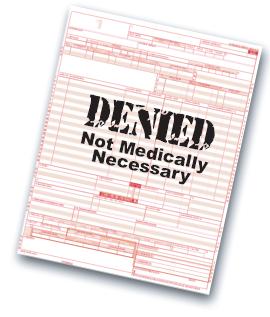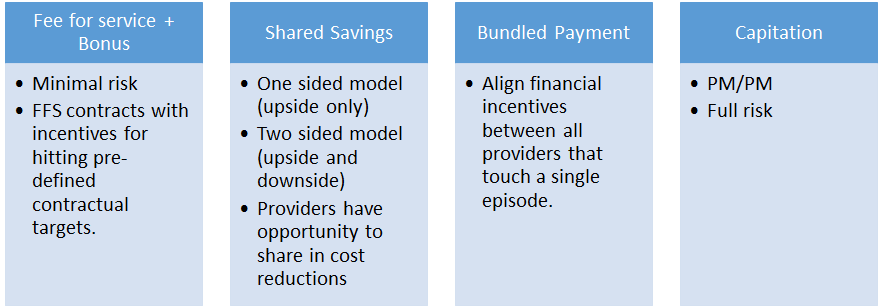 By: Karina Gonzalez
By: Karina Gonzalez
There is nothing readily understood about the term medical necessity. In healthcare it is the “overarching criterion for payment”. There is no payment for services or supplies if there is no medical necessity to support it. Today, every provider at some time is faced with a denial because of lack of medical necessity. Physician providers will usually hear that payors do not get in the way of the physician-patient relationship. Payors typically state that they never tell a physician how to practice medicine and a denial based on lack of medical necessity is for purposes of payment only. However, what provider, on a routine basis, will continue to order care and services which medically unacceptable and not supported for payment purposes?
The definition of medical necessity varies from one commercial plan to another. Federal law such as Medicare has its definition and so does state law under programs such as Medicaid. Various medical associations such as the AMA also define medical necessity.
Generally, medical necessity refers to services or supplies which are required for the treatment of an illness, injury, diseased condition or impairment and which is consistent with a patient’s diagnosis or symptoms and are in accordance with generally accepted standards of medical practice. Services or supplies must not be ordered only as a convenience to the patient or provider. Of course care and services which are investigational or unproven are not considered medically necessary.Continue reading








